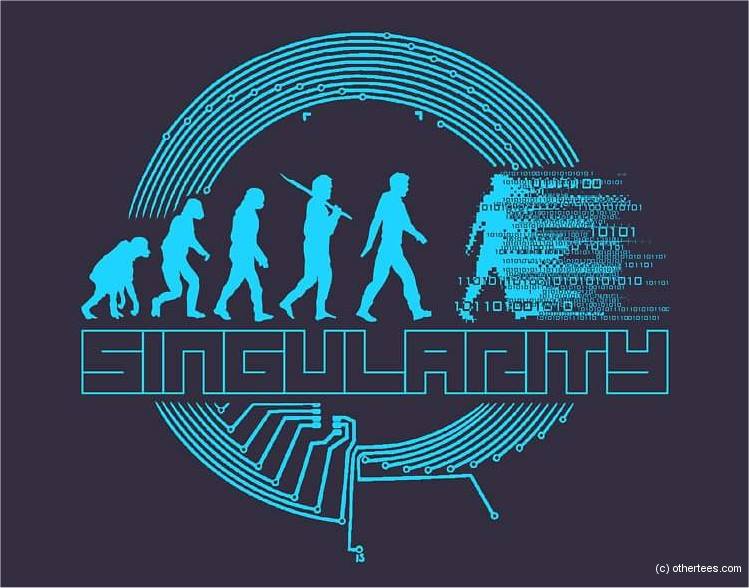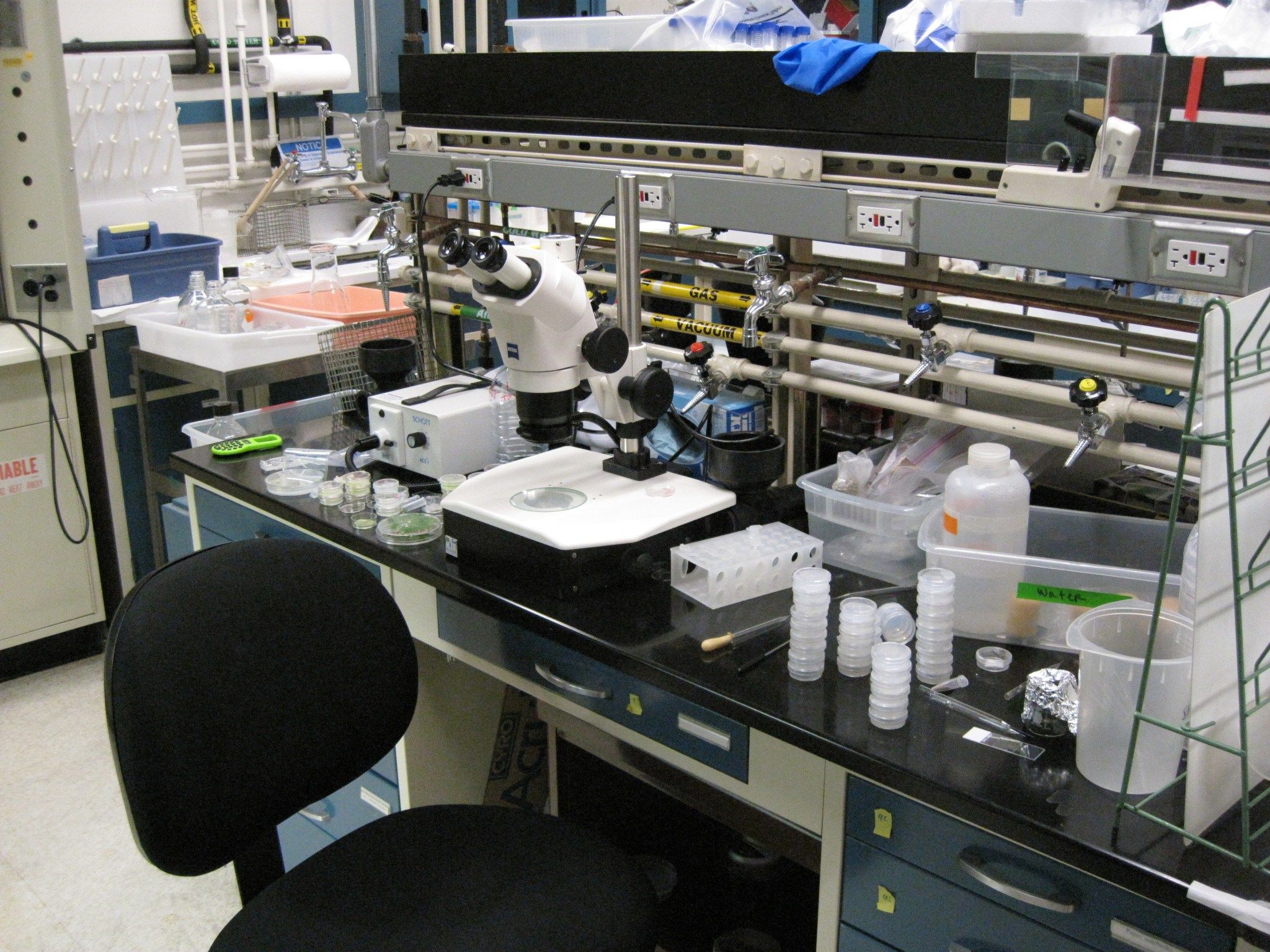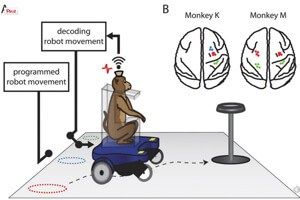Even if we don’t create a true AI for a thousand years, these algorithms, pared with our exponentially increasing computing power, could have much of the same effect on our civilization as the more traditional, AI-centric type Singularity. Very, very soon.

A schematic diagram of machine learning for materials discovery (credit: Chiho Kim, Ramprasad Lab, UConn)
Replacing inefficient experimentation, UConn researchers have used machine learning to systematically scan millions of theoretical compounds for qualities that would make better materials for solar cells, fibers, and computer chips.
Led by UConn materials scientist Ramamurthy ‘Rampi’ Ramprasad, the researchers set out to determine which polymer atomic configurations make a given polymer a good electrical conductor or insulator, for example.
A polymer is a large molecule made of many repeating building blocks. The most familiar example is plastics. What controls a polymer’s properties is mainly how the atoms in the polymer connect to each other. Polymers can also have diverse electronic properties. For example, they can be very good insulators or good conductors. And what controls all these properties is mainly how the atoms in the polymer connect to each other.







 To start, the monkeys sat in wheelchairs that were moved along various paths toward a bowl of grapes across the room. Their brain activity was read and decoded by a computer program and then associated with wheelchair commands.
To start, the monkeys sat in wheelchairs that were moved along various paths toward a bowl of grapes across the room. Their brain activity was read and decoded by a computer program and then associated with wheelchair commands.